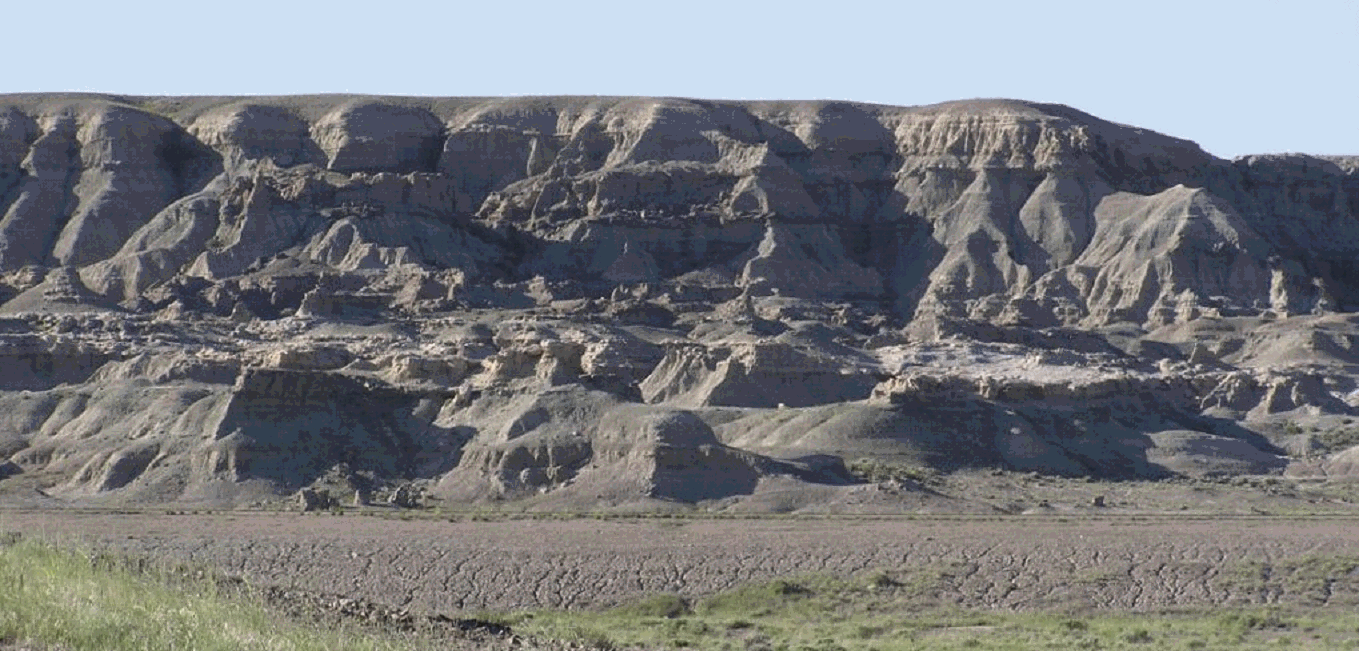


Authoritative Knowledge is knowledge that comes from stated facts that come from a book, or your parents, or an authoritative figure as indisputable facts. This does not mean they are facts, it only means they are claimed to be facts.
Authority is different. It is a position given by an agreed upon person with authority. Authority is a position of representation. As the Savior is not here, we have the priesthood to represent him until he returns. The priesthood contains different offices and positions that act out different ordinances. Another important task that authority should be always implementing, is the preservation of the knowledge of that specific authority given to that position. For example, a teacher should know all there is to know about the office of a teacher in order to be a teacher. A teacher is only a teacher to the degree of knowledge that teacher has. Records like scripture are extremely important so to have something always to refer back to and keep the full knowledge of any certain authoritative office fully operational. The dark ages were a time when knowledge slowly over hundreds of years was lost piece by piece, and in some cases in large amounts at once. By the time Joseph Smith came along, so much had been lost, that it all needed to be restored. Lets make sure it is never lost again by knowing and practicing the knowledge we have. And lets make sure we keep restoring more knowledge as the project of proving this theory intends to do.
“Knowledge does away with darkness, suspense and doubt; for these cannot exist where knowledge is. … In knowledge there is power. God has more power than all other beings, because He has greater knowledge; and hence He knows how to subject all other beings to Him. He has power over all.”
The claim of The Church of Jesus Christ of Latter-day Saints to be the only true and living church on the earth is centered on the concept of authority. The LDS belief has been well stated by President Joseph F. Smith: "As to the question of authority, nearly everything depends upon it. No ordinance can be performed to the acceptance of God without divine authority. No matter how fervently men may believe or pray, unless they are endowed with divine authority they can only act in their own name, and not legally nor acceptably in the name of Jesus Christ, in whose name all things must be done" (Smith, p. 102).
Because several different definitions are associated with authority in the scriptures, this doctrine has often been misunderstood: 1. Authority refers to formalized power associated with position, function, or legal designation as exemplified by the authority given Joseph in Egypt by Pharaoh (Gen. 41:40-41), by the man who gave his servants authority over his house when he departed (Mark 13:34), and by Church officers designated to have authority over members (Matt. 8:9; D&C 107:8). Authority in these cases presumes control by virtue of assigned position.
2. Authority is strength, might, or control of resources. This is exemplified by the power established by the Philistines over the Jews (Judg. 15) and by Rome's control of Judea at the time of Christ (Matt. 27:2). Authority in this sense connotes superiority or stature above another resulting from acquisitions, possessions, or physical strength.
3. Authority is expertise, as in the case of an expert on a subject. Examples include the authority ascribed to the twelve-year-old Jesus as a result of his teachings in the temple (Luke 2:42, 46-47), and the authority associated with the preaching of prophets such as Nephi 1, Lehi, Abinadi, and the sons of Mosiah 2 (Mosiah 13:6; Alma 17:3; Hel. 5:18).
4. Authority is a divine commission or calling from God. For example, Jesus gave his apostles specific authority to preach and to administer his gospel (Matt. 10:1; John 15:16; 3 Ne. 12:1), and certain individuals were empowered to baptize and perform miracles by this authority (Acts 5:12-16;8:5-17; Alma 5:3; Mosiah 18:13, 18; Moro. 2:1-3). As conveyed by Jesus Christ, this authority meant that ordinances performed on earth would be honored in heaven and, conversely, to loose (dissolve an ordinance) on earth would mean it was loosed in heaven (Matt. 16:19). The name given to this kind of authority in the scriptures is priesthood (Heb. 7:11-12, 14, 24; 1 Pet. 2:5, 9; D&C 84:107).
That these meanings have often been confused is exemplified by the scribes' query of Jesus regarding his own basis of authority: "By what authority doest thou these things?" (Matt. 21:23-27). Is your authority political (definition 1) or power from on high (definition 4)? they asked.
As Christ's authority was based on power from on high, so does the Church rest its claim as the only true and living church upon possessing the divine authority to act for God. This authority differentiates the Church from all others. Other systems and organizations may possess other types of authority, but the divine authority associated with Christ's church, the priesthood, resides only in this one.
An explanation of the characteristics of divine authority helps clarify the claims of the Church. First, "no man taketh this honour unto himself, but he that is called of God, as was Aaron" (Heb. 5:4). Divine authority cannot be obtained by study, graduation from school, or mere desire (Acts 19:13-16). It must be obtained in the divinely appointed way, as was the case with aaron (Ex. 28:41).
Second, obtaining the authority to act in the name of God comes by the laying on of hands by one already holding this authority or priesthood (1 Tim. 4:14; 2 Tim. 1:6; Moro. 2:1-3; Deut. 34:9). Simon, for example, desired to purchase the apostles' authority, as he might have done with other types of authority. He was condemned by Peter for desiring to obtain the "gift of God" with money (Acts 8:14-20), and purchasing authority carries his name, simony.
Third, ordinances performed in the Church are spiritually binding only when performed under this divinely commissioned authority, received in the proper way (Mosiah 23:17; D&C 20:73;132:13; 2 Sam. 6:6-7). For example, Paul rebaptized certain Ephesians who had been previously baptized by an unauthorized person (Acts 19:1-6). King Limhi and many of his followers were converted to Christ and were desirous of being baptized, but they waited to receive that ordinance because the one with authority did not feel worthy (Mosiah 21:33-35).
A fourth fact concerning divine authority is that it was lost from the earth sometime after the resurrection and ascension of Christ into heaven (see Apostasy), so a restoration of divine authority was needed (2 Thes. 2:1-4; 1 Tim. 4:1-3; 2 Tim. 3:1-7). In 1829 heavenly messengers, previously endowed with divine authority by Christ himself, conferred authority upon Joseph Smith and Oliver Cowdery as part of the restoration of The Church of Jesus Christ of Latter-day Saints (see Aaronic Priesthood: Restoration; Melchizedek Priesthood: Restoration of Melchizedek Priesthood). Members of the Church ordained to this authority now record their personal "line of authority." This record indicates the path of ordinations connecting their priesthood authority to Jesus Christ himself.
Fifth, the authority to preside is efficacious for an individual only when it is accompanied by the common consent of the members of the Church over whom that person will preside (D&C 20:65;26:2;42:11).
Abuses of authority and authoritarianism are inherent in any organized system, and such abuses are especially associated with authority based solely on position, strength, or knowledge. Organizations such as the Church are sometimes perceived by outsiders as authoritarian, primarily because of confusion over the meanings of authority. If authority in the Church were based on politics, personal attributes, or expertise, then a charge of authoritarianism might have some validity. However, divine authority (definition 4) is inseparably connected to principles of righteousness, and when we "undertake to cover our sins, or to gratify our pride, our vain ambition, or to exercise control or dominion or compulsion upon the souls of the children of men, in any degree of unrighteousness, behold, the heavens withdraw themselves; the Spirit of the Lord is grieved; and when it is withdrawn, Amen to the priesthood or the authority of that man" (D&C 121:37).
Members of the Church understand that the exercise of divine authority includes the responsibility to bless people and minister to their well-being. Proper use of this authority is inconsistent with authoritarianism and the abuses of authority, so the negative connotations sometimes associated with authority are not generally present in the Church.